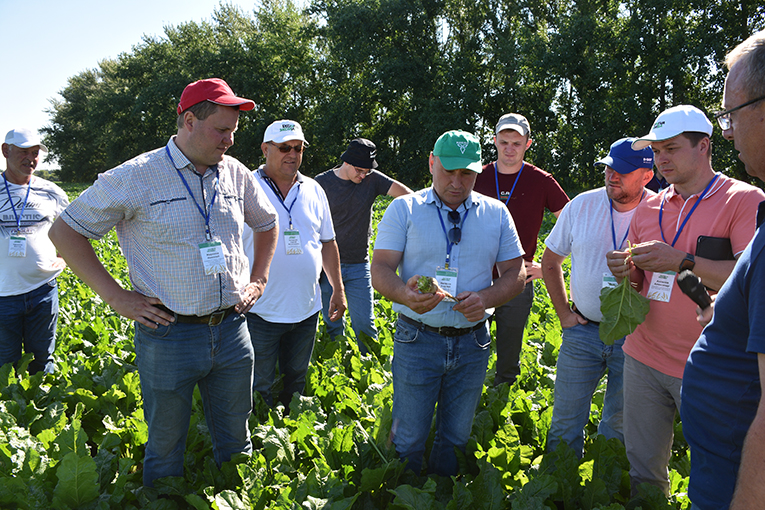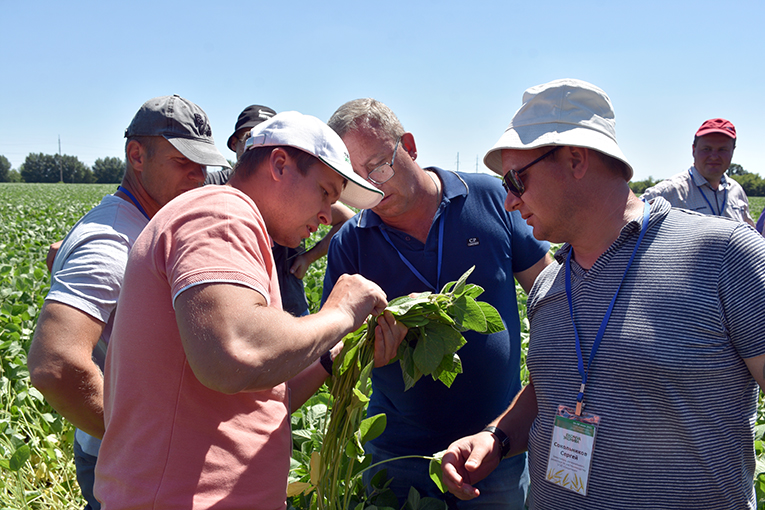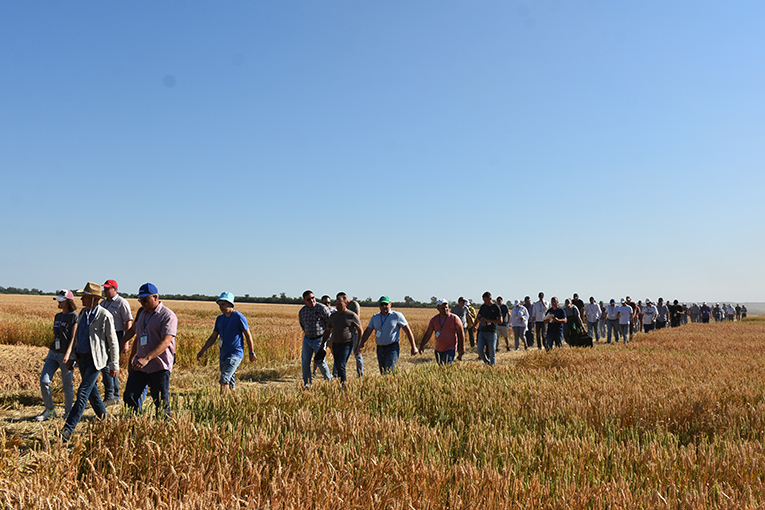EkoNiva arranges an interregional seminar on crop farming
Press-centre / News,
The seminar has welcomed about 100 employees from 10 areas where EkoNiva operates, i.e., Moscow, Ryazan, Kaluga, Kursk, Voronezh oblasts and the Volga and Siberian regions. It was not only the interregional scale which made it stand out of the crowd but also the coalescence of professionals – apart from agronomists and plant breeders, the event was attended by regional directors, heads of operations, economists, engineers and HR specialists.

The seminar commenced in Voronezh oblast and lasted for 2 days at EkoNivaAgro’s enterprises where the participants studied various approaches to field work and consequent results along with familiarising themselves with the company’s experience of cultivating grain, industrial and forage crops.
‘Voronezh fields were chosen as a seminar venue for a reason as 20 years ago, the company went into crop farming here and has accumulated a wealth of experience since then’, says Aleksandr Anpilov, Director for Crop Farming at EkoNiva. ‘The climatic peculiarities of the Black Soil region and comprehensively equipped facilities make it possible to run a number of production trials and demo tests.’

The meeting gave a chance to the colleagues from different regions to assess scores of cereal, pulse, corn and fodder crop varieties as well as to gain crucial first-hand knowledge.
After the two eventful days in the Black Soil region, the team travelled to Ryazan oblast where they were shown around OkaMoloko-South operation. Today, this enterprise is constructing the first seed line for producing and storing grain crops with a capacity of 80 tonnes per day. The line is scheduled to be put into operation in late July.

‘This season, we are planning to prepare about 1,000 tonnes of winter wheat seeds and 2,000 tonnes of spring wheat seeds’, comments Sergey Kruspkiy, Director of OkaMoloko-South operation. ‘Next year, plans are afoot to produce around 10,000 tonnes of grain and pulse seeds.’
According to Sergey Krupskiy, climatic conditions like those of the Black Soil region are a vital prerequisite to bolstering seed growing activities in the enterprise.